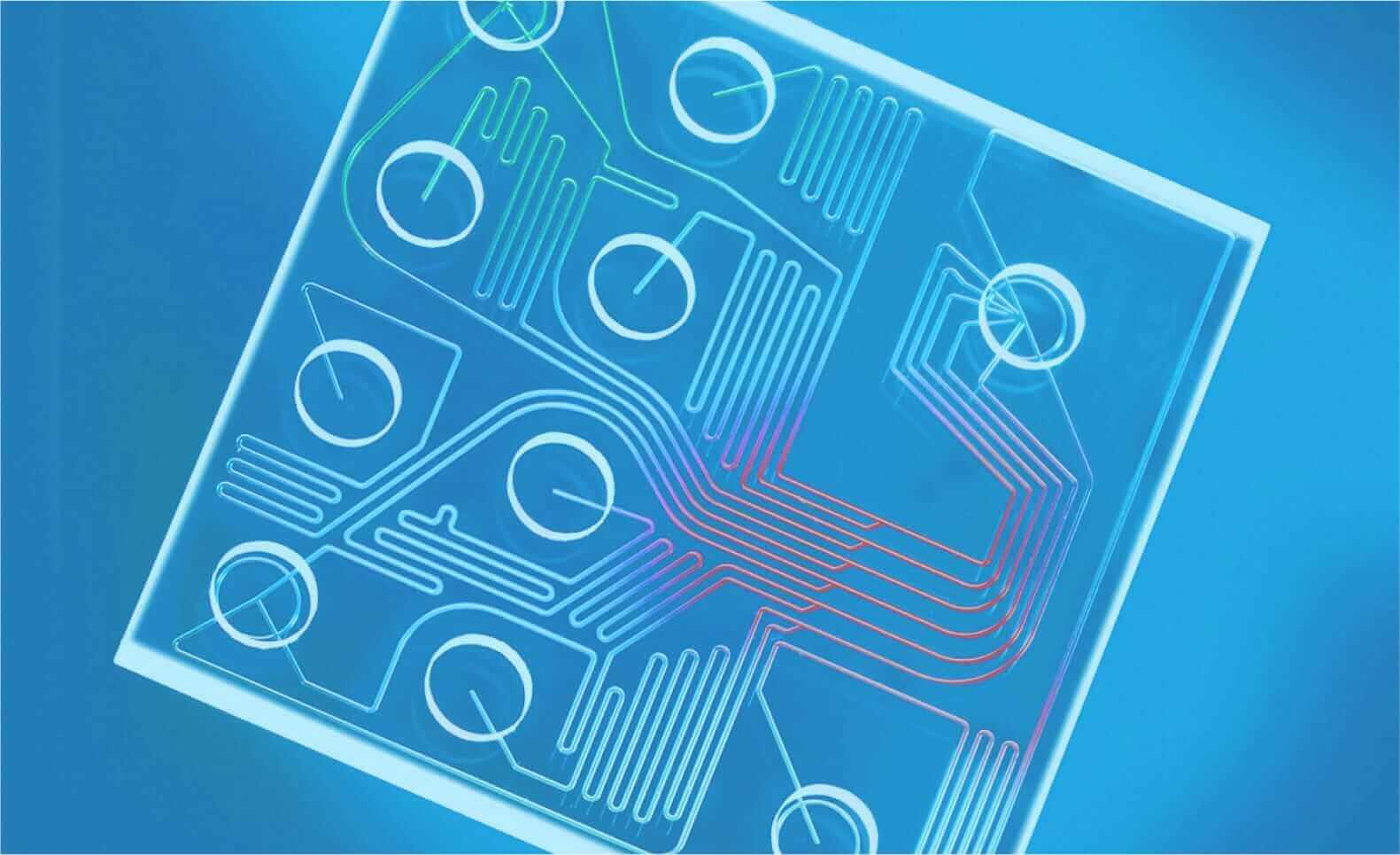
Microfluidics technology uses microdroplets of water (less than a tenth of the diameter of a human hair) as test tubes, which flow by in channels of inert oil at rates of about 1,000 droplets per second. High-throughput sequencing precisely and super-rapidly analyzes the biological contents of those microdroplets—such as the genetic blueprints (genomes) and activity of millions of individual cells.
One ongoing effort at QBI in the Abate Lab is to comprehensively characterize the antibody repertoires of people with autoimmune disorders, such as lupus and rheumatoid arthritis. This will be done by analyzing millions of their B cells to identify their antibody-generating genetic sequences and what the resulting antibodies bind to—differentiating between the sequences for antibodies that healthily bind to and help destroy pathogens versus those that errantly bind to and damage healthy tissues. The goal is to enable discovery of the mechanisms underlying disease in those immune cells gone awry and to enable treatments more precisely targeting them.